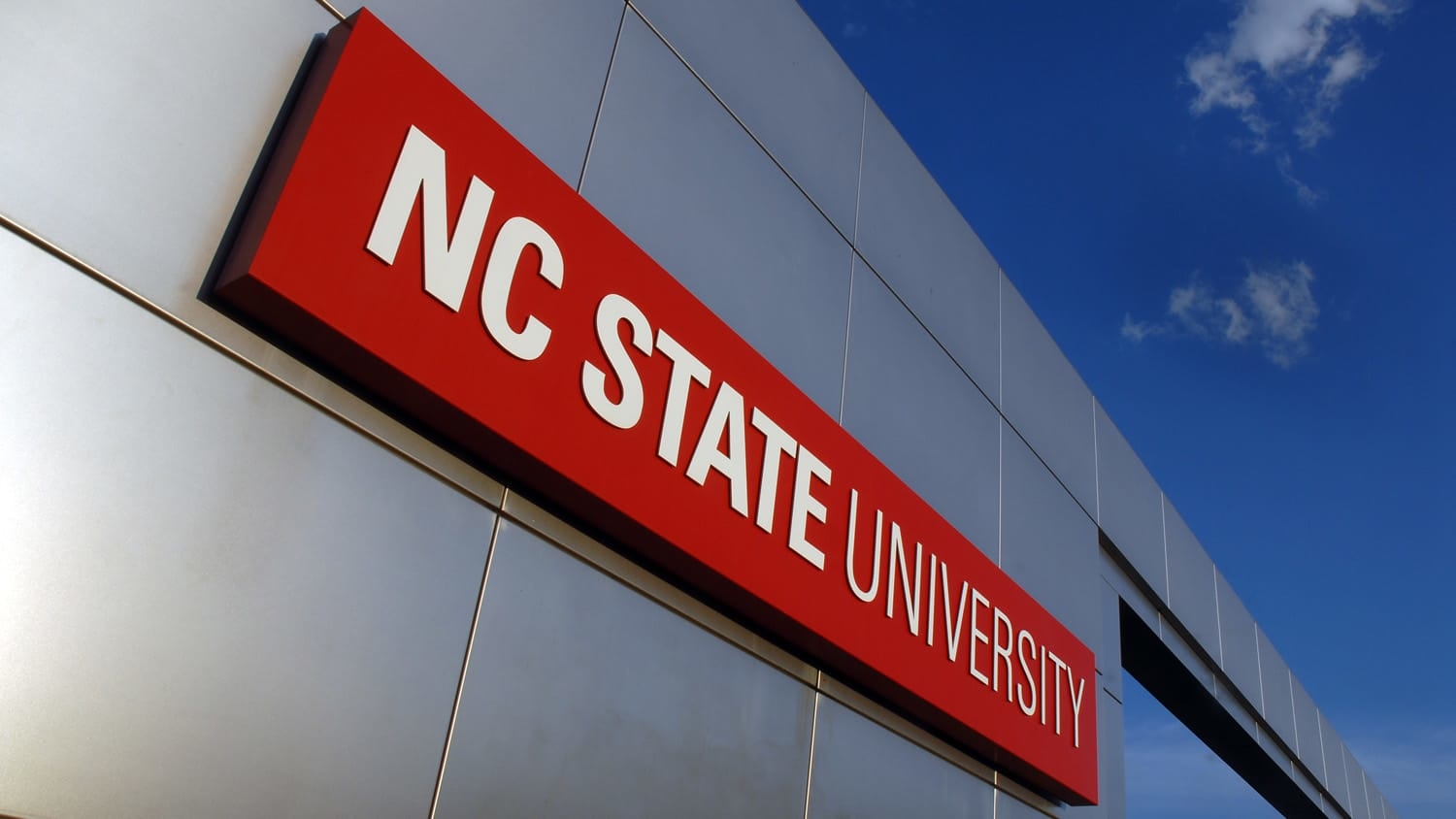Human Rights Take Spotlight Ahead of World Cup in Qatar

As Qatar looks to kick off the 2022 FIFA World Cup on Sunday, human rights issues – ranging from migrant worker deaths to treatment of LGBTQ+ people – have come under scrutiny.
This isn’t the first time human rights violations in connection with mega-sporting events have drawn ire, according to a recent study co-authored by Jason Bocarro, professor of parks, recreation and tourism management at North Carolina State University. The study, “The role of advocacy organisations for ethical mega sport events,” was published in Sport Management Review.
Forced evictions to pave the way for new stadiums or other infrastructure, exploitation of workers and suppression of free speech have been documented in connection with sporting events held around the world in the 21st century. But Bocarro said criticism has been intense ahead of the upcoming tournament.
The Abstract spoke to Bocarro about the role of advocacy organizations in pushing for change surrounding mega-sporting events like the World Cup and the Olympic Games, which was the topic of his recent study.
The Abstract: What have been some of the human rights concerns around the World Cup in Qatar?
Jason Bocarro: When it was announced that Russia and Qatar got the 2018 and 2022 bids, people were surprised. FIFA positioned it as expanding where the World Cup was hosted. When the 2010 bid went to South Africa, it was the first World Cup to be hosted in Africa. The idea was to expand it so different parts of the world could gain the benefits of hosting the World Cup.
Qatar was an interesting choice because it is such a small country, and it didn’t have any of the stadium infrastructure. Human rights issues were talked about even then in terms of discrimination against women, the persecution of LGBTQ+ people, the suppression of dissent, and then as they’ve started building the stadiums, a large percentage of Qatar’s population are foreign workers. They have the kafala system that’s like indentured servitude.
Now one of the biggest criticisms has been about migrant worker deaths. You’ve got the Qatari government saying there have been few deaths that can be attributed directly to the construction of some of the infrastructure, whereas other organizations have put the death toll in the thousands.
TA: Was there a backlash to the World Cup in Russia?
Bocarro: That was seen as a successful World Cup as far as the hosting. Qatari leaders have felt there’s a bit of a double standard that there really wasn’t an intense criticism of Putin’s regime in 2018, despite Russian involvement in Syria, the invasion of Crimea in 2014 and their treatment of LGBTQ+ people. I think compared to Qatar, Russia has a more storied sports history, and it’s a bigger country. They’ve got good soccer teams that play on the national arena. Why there’s more scrutiny of Qatar – it doesn’t have that history, it had no infrastructure or stadiums, and it’s not really set up to be a tourism destination.
TA: What can advocacy organizations do to advance human rights around these events?
Bocarro: In a paper I worked on with collaborators in the European Union, we interviewed leaders of human rights organizations. What was really interesting was that they started having a philosophical shift in their relationship with major sport federations like FIFA and the IOC.
Obviously, they hated the fact that some of these mega-sporting events were being used for “sportswashing,” where a country or an organization that has a poor record of human rights or ethical behavior can use popular activities like sports to try to influence their reputations. One of our findings was that human rights organizations started to shift from battling these events to saying: “How can we leverage the power of sports to try to influence host governments in promoting rights?” We are also seeing advocacy organizations working together to put pressure on governments, sponsors and broadcasters with a more powerful voice. Part of our ongoing work as researchers is to think about the process for mega-sporting events so they’re sustainable and equitable – all the way from the bidding process to the actual management of the event to post-event management.
TA: What changes have FIFA and other organizations made to advance human rights?
Bocarro: I don’t think much has changed yet, but I think it has shone a light on some of these issues. There’s been so much worldwide scrutiny on this. Organizers are begging people – athletes, fans – “please, don’t protest this during the event, let’s keep the focus on the World Cup,” but there’s a lot more negative rhetoric than we have seen around other mega events in the past.
TA: What is the role that fans can play?
Bocarro: I had a professor who always used to say that the most powerful change happens when you frame a problem around economics. So certainly, fans have an opportunity to vote with their feet. By not traveling, by not engaging as much as they could, certainly that would be a powerful vehicle for change.
TA: You seem to have hope.
Bocarro: You’ve got a generation that cares about these issues much more than they did in the past. I always talk about sport as a microcosm of society. Where people are right now in society feeds into what they care about in other areas of their life.
- Categories:


